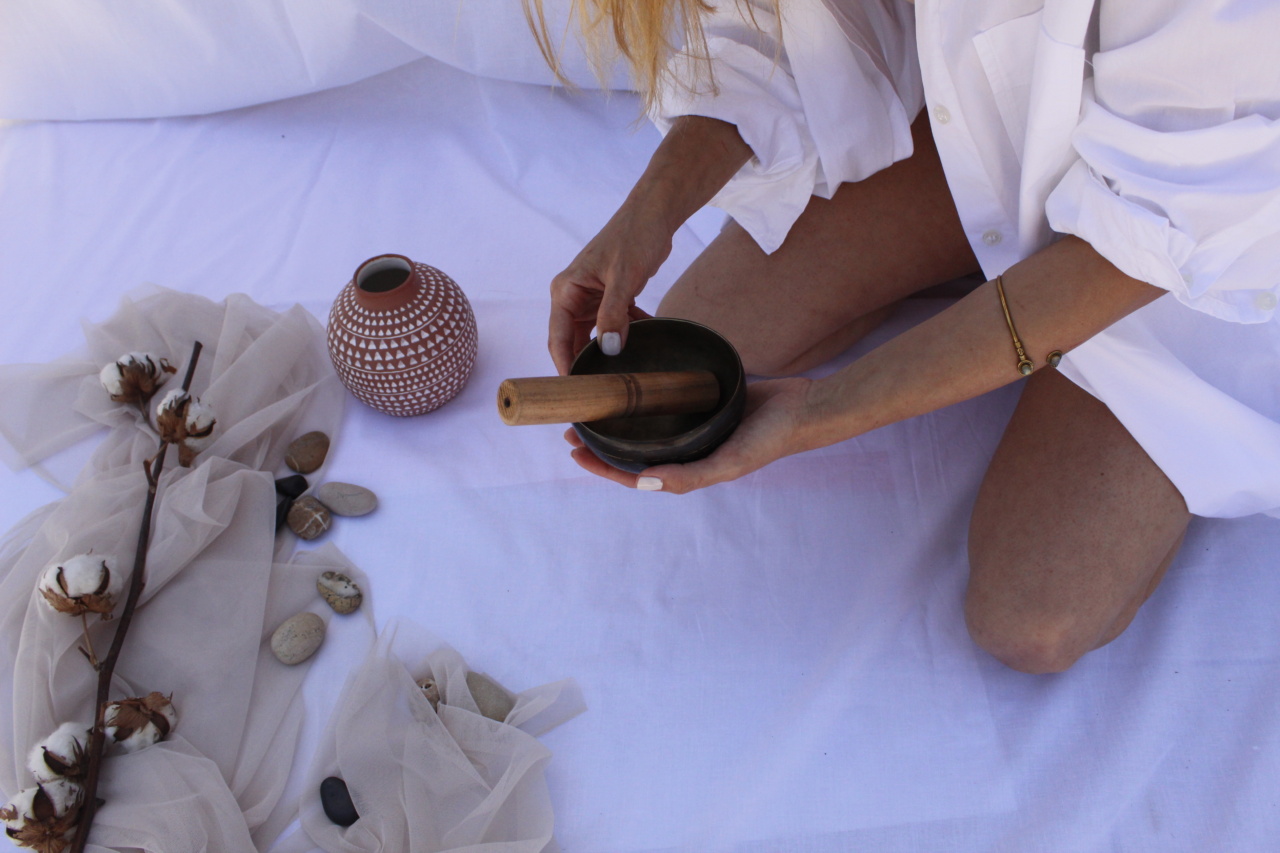Kidney stones are small, hard deposits that form in the kidneys. They are made up of minerals and salts that can build up over time and cause pain and discomfort. Preventing kidney stones is important for maintaining kidney health and overall well-being.
In this article, we will discuss some tips to help you avoid kidney stones and keep your kidneys healthy.
1. Stay Hydrated
One of the most crucial steps in preventing kidney stones is to stay well-hydrated. Drinking an adequate amount of water helps to dilute the urine and flush out any substances that may lead to the formation of kidney stones.
Aim to drink at least 8 glasses of water per day, or more if you engage in strenuous activities or live in a warm climate.
2. Eat a Balanced Diet
A healthy diet plays a vital role in kidney stone prevention. Be sure to include a variety of fruits, vegetables, whole grains, and lean proteins in your meals.
Avoid excessive consumption of processed foods, as they often contain high levels of sodium and other additives that can contribute to the formation of kidney stones.
3. Limit Sodium Intake
High levels of sodium in the diet can increase the risk of kidney stone formation. Limit your intake of processed and packaged foods, as they are often high in sodium. Instead, opt for fresh, whole foods and use herbs and spices to flavor your meals.
Additionally, avoid adding unnecessary salt to your dishes.
4. Watch Your Oxalate Intake
Oxalate is a substance found in many foods that can bind with calcium in the urine, leading to the formation of kidney stones. While it is not necessary to completely avoid oxalate-rich foods, it is important to consume them in moderation.
Some common foods high in oxalates include spinach, rhubarb, beets, chocolate, and nuts.
5. Increase Calcium Intake
Contrary to popular belief, consuming enough calcium can actually help prevent kidney stones. Calcium binds with oxalate in the intestines, reducing the amount absorbed by the body. This prevents oxalate from reaching the kidneys and forming stones.
Good sources of calcium include milk, yogurt, cheese, and calcium-fortified foods. Consult with a healthcare professional to determine the appropriate amount of calcium for you.
6. Moderate Your Animal Protein Consumption
Diets that are high in animal protein can increase the risk of kidney stone formation. Animal proteins contain purines, which break down into uric acid. High uric acid levels can contribute to the development of uric acid stones.
Limit your intake of red meat, poultry, and seafood, and opt for plant-based protein sources such as legumes and tofu instead.
7. Limit Sugar-Sweetened Beverages
Sugar-sweetened beverages, such as soda and fruit juices, can raise the risk of kidney stones. They are high in fructose, which can lead to an increase in urinary calcium excretion, promoting stone formation.
Opt for water, herbal tea, or unsweetened beverages instead.
8. Maintain a Healthy Weight
Being overweight or obese can contribute to kidney stone formation. Excess weight can increase the level of certain substances in the urine that encourage stone formation.
Focus on maintaining a healthy weight through regular exercise and a balanced diet.
9. Don’t Smoke
Smoking not only harms your lungs but also increases the risk of kidney stone formation. Smoking damages blood vessels and reduces blood flow to the kidneys, impairing their function.
Quitting smoking is beneficial for overall kidney health and can decrease the risk of developing kidney stones.
10. Manage Underlying Medical Conditions
Certain medical conditions, such as high blood pressure, diabetes, and obesity, can increase the risk of kidney stones. It is essential to manage these conditions properly and follow the treatment plan provided by your healthcare professional.
By effectively managing these conditions, you can reduce the likelihood of developing kidney stones.
Conclusion
By following these tips, you can take important steps to prevent kidney stones and maintain optimal kidney health.
Remember to stay hydrated, eat a balanced diet, limit sodium and oxalate intake, increase calcium consumption, moderate animal protein and sugar-sweetened beverage consumption, maintain a healthy weight, quit smoking, and manage underlying medical conditions. Taking care of your kidneys is vital for overall well-being and can help prevent the discomfort and potential complications associated with kidney stones.































